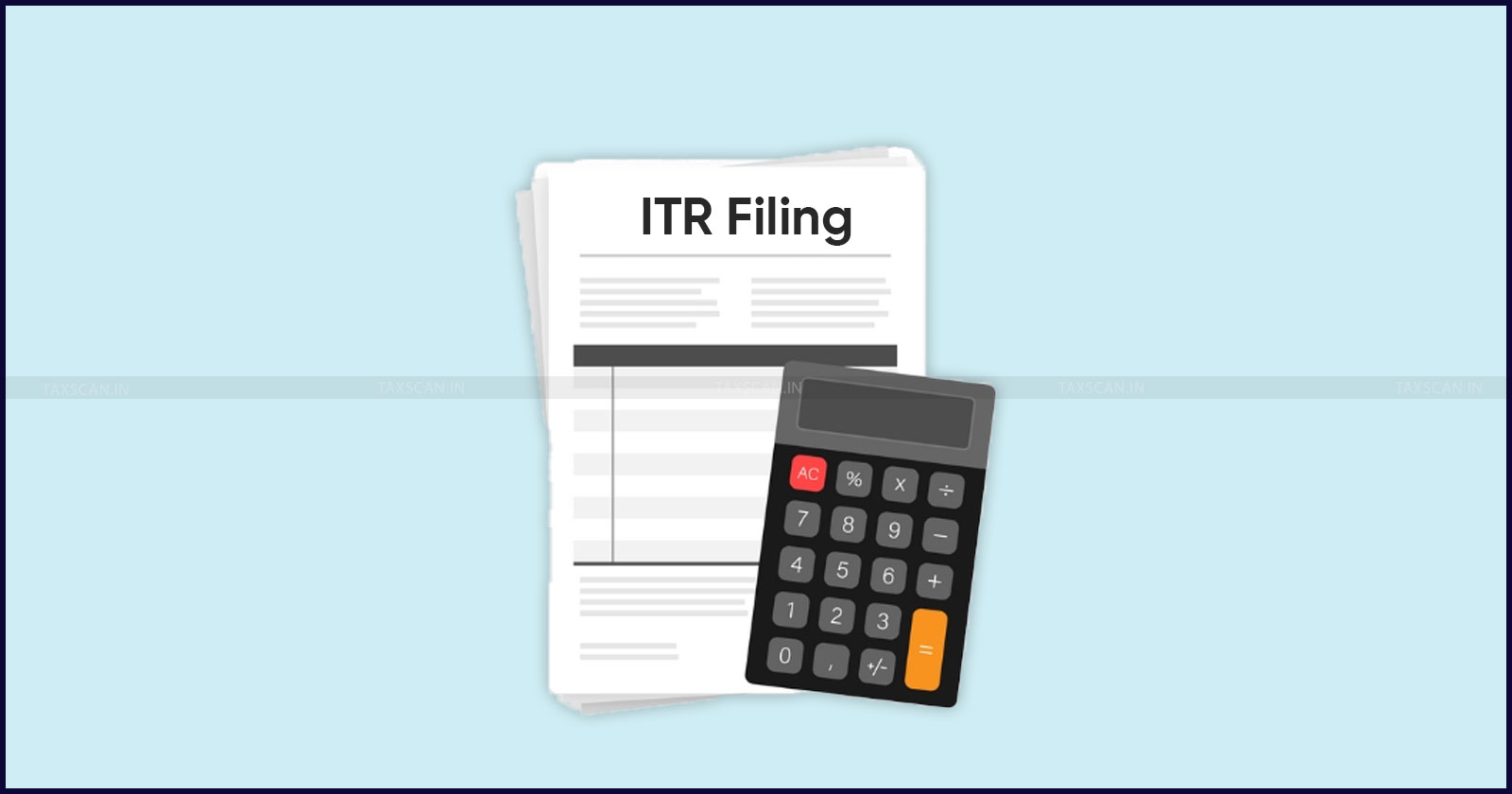Is it Mandatory for Every Citizen to File ITR? Know Here

Income Tax Return (ITR) filing is often perceived as a responsibility only for individuals with high incomes. However, the law mandates return filing not just based on income thresholds but also on specific financial activities and circumstances too.
Understanding when it is compulsory to file an ITR is required to remain compliant with Indian Tax Laws and to effectively avoid penalties and legal consequences.
Let’s decode the mandatory criteria as laid down under the Indian Income Tax Act.
Know Practical Aspects of Tax Planning, Click Here
Who Must File an ITR?
Contrary to common belief, not every citizen is required to file an ITR. The obligation depends on income levels, residency status, financial transactions, and other specific indicators.
Key scenarios where filing an ITR is mandatory:
1. Income Exceeds the Basic Exemption Limit
If the total income of an individual exceeds the maximum amount not chargeable to tax, they must file an ITR. For example, for individuals below 60 years of age, this limit is ₹2.5 lakh. For senior and super senior citizens, the limits are higher, but the principle remains the same—crossing the exemption threshold triggers a filing requirement.
2. Tax Residents
Generally, an individual is said to be resident in India in a fiscal year, if he is in India for more than 182 days in India. The relevant section is Section 6 of the Income Tax Act,1961 to determine residency in India.
For individuals who qualify as tax residents, ITR filing becomes mandatory if they:
- Hold any asset outside India, including financial interest in any entity.
- Have signing authority in any account located abroad.
- Are beneficiaries of any foreign asset or entity.
Even if their income is below the basic exemption limit, these criteria compel them to file an ITR due to their foreign connections.
Want a deeper insight into the Income Tax Bill, 2025? Click here
3. Large Deposits in Bank Accounts
Any individual who has deposited more than ₹1 crore in aggregate in one or more current accounts during a financial year must file an ITR. This rule aims to monitor high-value transactions irrespective of income level.
4. High Foreign Travel Expenses
If an individual incurs foreign travel expenses of ₹2 lakh or more during the financial year, they are required to file an ITR—even if they technically fall below the taxable income limit. This provision was introduced to expand the tax base by tracking high-spending individuals.
5. High Electricity Consumption
Filing is also mandatory if the individual incurs expenditure of ₹1 lakh or more towards electricity consumption during the year. This again serves as a proxy for financial capacity, ensuring that high-spending individuals are part of the tax net.
How to Audit Public Charitable Trusts under the Income Tax Act Click Here
6. Business Turnover or Receipts
ITR filing is compulsory for individuals whose:
- Total sales/turnover/gross receipts from business exceed ₹60 lakh, or
- Gross receipts from profession exceeding ₹10 lakh during the financial year.
This provision covers self-employed individuals, freelancers, and small business owners who may not meet the income tax threshold but earn substantially through business or profession.
7. High TDS or TCS
If total tax deducted or collected at source (TDS/TCS) is ₹25,000 or more (₹50,000 in case of resident senior citizens), an ITR must be filed. This ensures that individuals with significant tax deductions reconcile their income and taxes through return filing.
8. High Aggregate Deposits in Savings Accounts
If the aggregate deposit in one or more savings bank accounts exceeds ₹50 lakh, the individual is required to file an ITR. This rule helps track high liquidity and potential unexplained wealth.
Complete practical guide to Drafting Commercial Contracts, Click Here
Conclusion
It is evident that ITR filing is not mandatory for every citizen, but becomes obligatory when certain income or transaction thresholds are crossed—even if the person’s income itself is not taxable.
Whether you are a salaried employee, businessperson, or even a homemaker with high-value financial transactions, understanding these rules helps ensure compliance. Moreover, filing an ITR can also benefit individuals by serving as a financial record for loans, visas, or credit card applications.
If you fall under any of the above categories—even without taxable income—you must file your return to stay within the legal framework and avoid notices or penalties.
Support our journalism by subscribing to Taxscan premium. Follow us on Telegram for quick updates


